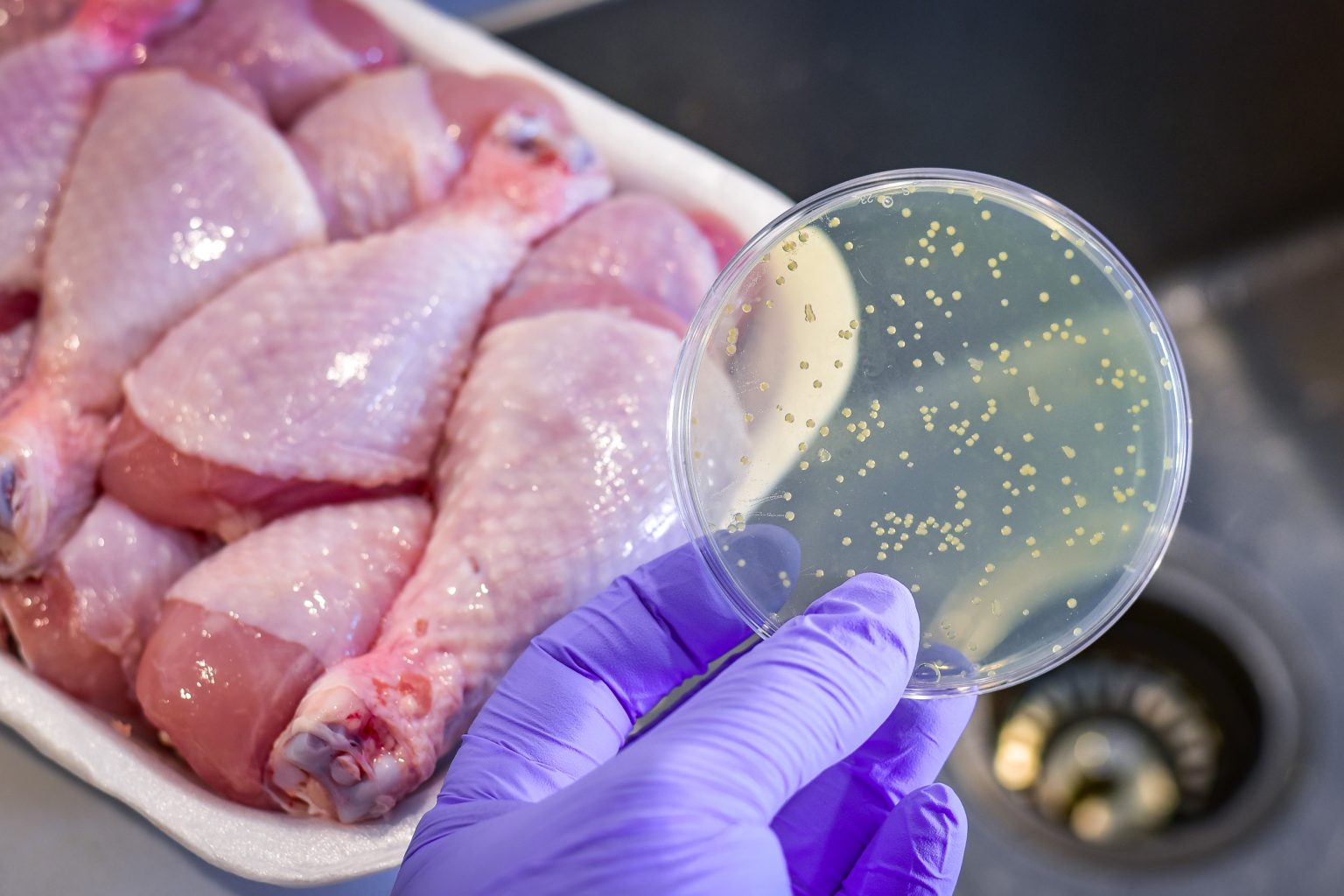The U.S. Food Safety and Inspection Service (FSIS) announced a nationwide recall of nearly 10 million pounds of meat from Oklahoma-based BrucePac. The recall was initiated over concerns that the products may be contaminated with listeria, a bacterium that can cause listeriosis. Listeriosis primarily affects older adults, people with weakened immune systems, and pregnant women, and can be serious or fatal. The affected products have “best by” dates between June 19, 2025, and October 8, 2025, and bear the establishment numbers “51205 or P-51205” inside or under the USDA mark of inspection. Consumers are urged to discard or return any of these products in their possession.
The FSIS discovered listeria contamination during a routine inspection of a product containing BrucePac ready-to-eat poultry products. Subsequent investigations confirmed that BrucePac chicken was the source of the contamination, leading to the recall of nearly 10 million pounds of meat. Listeria is a dangerous bacterium that affects around 1,600 people in the U.S. each year, with about 20 percent of cases resulting in death. While there have been no reported illnesses linked to the BrucePac products, individuals at high risk of listeriosis should seek medical assistance if they experience flu-like symptoms within two months of consuming potentially contaminated items. Pregnant women, the elderly, and immunocompromised individuals are especially vulnerable to severe consequences of listeriosis.
Listeriosis symptoms may include fever, muscle aches, headache, stiff neck, confusion, loss of balance, diarrhea, and convulsions. It can also result in miscarriages, stillbirths, premature delivery, or fatal infections in newborns of infected pregnant women. The recall of nearly 10 million pounds of BrucePac meat products serves as a reminder of the potential dangers posed by foodborne pathogens like listeria. Earlier this year, Boar’s Head deli meat products were also recalled due to listeria contamination, resulting in hospitalizations and fatalities. Anyone with information on food-related issues or concerns can contact Newsweek via email to potentially have their story featured and receive expert advice on the matter.
Consumers who have purchased any of the recalled BrucePac products are being advised by the FSIS to dispose of them or return them to the point of purchase. The products were distributed to various stores, restaurants, and establishments, raising concerns that contaminated ready-to-eat meat and poultry items may still be on store shelves or in people’s homes. Listeria contamination can have severe health implications, especially for vulnerable populations, making it crucial to take precautionary measures. The recall serves as a cautionary tale about the importance of food safety and the potential risks associated with consuming contaminated products.
Listeriosis is a serious infection caused by the Listeria monocytogenes bacterium, and it can have severe consequences for certain demographics, including pregnant women, the elderly, and individuals with compromised immune systems. The recall of nearly 10 million pounds of BrucePac meat products underscores the importance of vigilance in monitoring food safety and responding promptly to potential contamination incidents. While no illnesses have been reported in connection with the recalled products, consumers are advised to remain vigilant and seek medical attention if they experience symptoms of listeriosis. Foodborne pathogens pose a significant threat to public health, highlighting the need for stringent safety measures and recalls when contamination is detected.
The recall of nearly 10 million pounds of BrucePac meat and poultry products due to listeria contamination underscores the potential risks associated with consuming contaminated food items. Listeria is a bacterium that can cause listeriosis, a serious infection that primarily affects vulnerable populations such as older adults, pregnant women, and individuals with weakened immune systems. The FSIS has urged consumers to discard or return any of the affected products, which have “best by” dates between June 19, 2025, and October 8, 2025, and bear specific establishment numbers. It is essential for consumers to remain informed about food recalls and take appropriate steps to protect their health and well-being.








